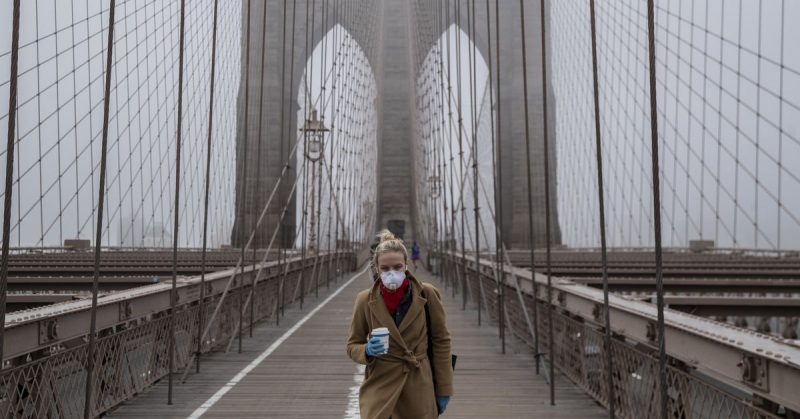
(German Lopez/ Vox) — Over the past couple of months, the world has received more evidence that face masks really can play a crucial role in the fight against the Covid-19 pandemic.
It’s a significant shift from earlier this year, when the evidence for mask-wearing was so weak that government authorities and public health experts publicly cast doubts on face coverings as a preventive measure against the coronavirus. Worried about the low supply of masks for health care workers, Surgeon General Jerome Adams, among others, said the public should “STOP BUYING MASKS!”
That changed when the Centers for Disease Control and Prevention finally recommended in April that the general public use masks, particularly in places where social distancing is hard to achieve. Government officials and experts cited a “precautionary principle,” arguing that an unproven benefit was worth it since the potential harms and costs of mask-wearing are so low.
Since then, scientists have done much more research on whether masks work, with new studies coming out over the past few months.
The research increasingly favors both individual mask-wearing and policies requiring universal masking. It suggests that masks not only help stop the spread of the coronavirus — by preventing the spread of virus-containing droplets that people spit out when they talk, sing, laugh, cough, sneeze, and so on — but that policies requiring masks work to significantly slow community transmission. (…)